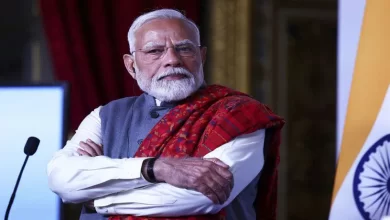Hyderabad lawyers welcome SC verdict on divorce

Earlier, trial courts had to see if there was a desertion period of 2 yrs, based on which granting or refusing divorce was considered

Supreme Court of India.
HYDERABAD: City-based family lawyers welcomed the Supreme Court’s judgment that it could dissolve marriages on grounds of “irretrievable breakdown” under Article 142 of the Constitution, but said it comes with certain conditions that need to be considered.
In its judgment, the top court held that the mandatory six-month waiting period for divorce through mutual consent can be done away with, subject to conditions.
Advocate Syed Lateef, a practising lawyer in the High Court, said, “Before the Supreme Court verdict, trial courts were permitting the waiver of the cooling period if both parties agreed for the dissolution of marriage at the earliest possible time. But it was a discretionary power with the lower courts, where some courts allowed and some did not. But now, after today’s judgment, it has become a mandate to the lower courts. This would be helpful in cases where the couple has already decided to get a divorce and need not wait for two years. A mutual consent petition along with a petition to waive off the desertion period can get the marriage dissolved.”
Earlier, trial courts had to see if there was a desertion period of two years, based on which the court would consider granting or refusing divorce. However, by this judgment, courts need not wait for the desertion period.
Advocate T. Subhasini said, “The Supreme Court’s decision of waiving off the six-month mandatory period will help in cases where there has been desertion for more than two years, cases of adultery and other legally mentioned points or any other grounds where the marriage is irretrievably broken down. This decision is welcoming. But people need to understand that this will not be done in one day literally. There will be a procedure of filing the petition, hearing, and filing of chief evidence and then the order will be given. This is an exception and cannot be applied to all cases.”
However, lawyers also raised concerns over cases involving child custody.
Masood Ahmed, a practising lawyer at the Nampally court, said that the decision will affect fostering of children in such cases.







